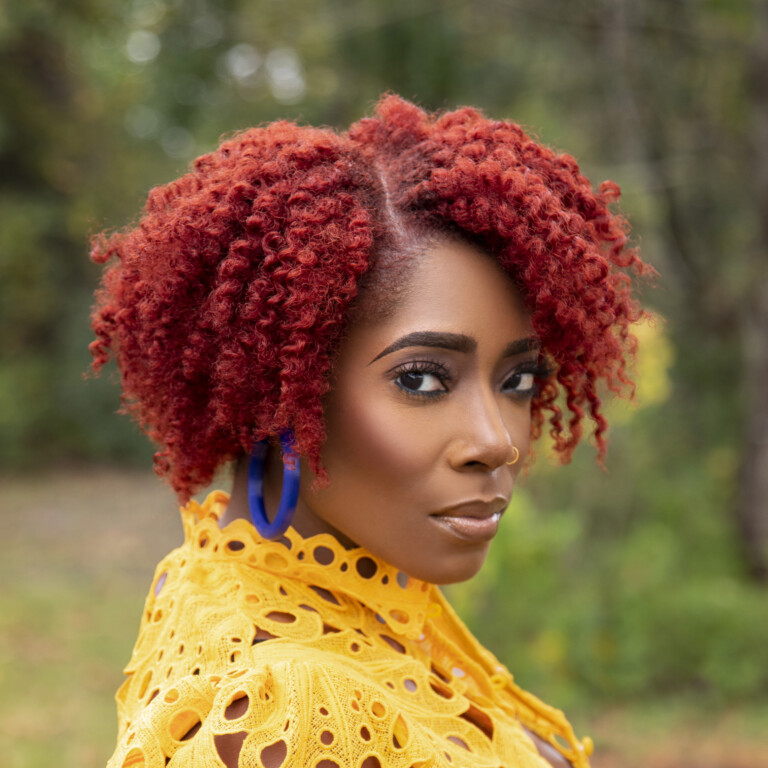
I wanted to write a response to the recent stories about housing: one in this newsletter on the plan to plug Jacksonville’s “missing middle” in the housing crisis with townhomes, as well as a Times-Union piece on the decline of the Black population in historically majority-Black neighborhoods. Reading those stories triggered an annoyance in my spirit I tried to ignore. Then I saw the results of last week’s gubernatorial election in Virginia. Irritation crept up my spine like a vine working its way through the eyelets of a trellis. And then I saw that the jury in the trial for the men accused of murdering Ahmaud Arbery would be all white save for one. The judge in the case noted the appearance of discrimination in the striking of eight Black jurors, but nonetheless allowed the supposedly impartial panel to move forward and be seated. My annoyance and irritation turned into a controlled rage simmering beneath the measure of my skin. It feels, I feel, helpless, because what’s missing from these stories, these carefully crafted narratives swinging both left and right on the pendulum of political correctness, is the wrecking ball of race.
Racism is at the heart of each of these headlines. What happened in Virginia is a preview of what will likely happen in Florida’s gubernatorial race in 2022: A Trump-aligned Republican, in staunch opposition to science and history, will likely run and win again before running for President in 2024.
I don’t know if Ahmaud Arbery’s killers will go free, but I highly doubt a majority white jury in Georgia will convict three white men for killing a Black man. I predict a mistrial due to the jury’s not coming to a verdict before I believe in the slam dunk of a conviction. I have hope. I have faith. But I’m not stupid. Race forces people to choose sides and the oft repeated history in this country continues to show that Black people are always on the wrong one, no matter which side it is.
There is no way to talk about the housing crisis and the quest, the need to plug the missing middle without talking about historical redlining, inequitable zoning laws, and the subsequent divestment from Black communities. Brown v. Board of Ed. may have legally outlawed separate but equal, but it’s still the de facto law of the land. There is no way to talk about Black people being priced out of their communities in the city center without talking about gentrification.
And there is no way to talk about redlining, gentrification, the unlikelihood that a majority white jury will see the humanity of a Black man gunned down by bigoted vigilantes, and what the election of Glenn Youngkin in Viriginia means for the future of a DeSantis-held Florida without talking about race.
Also by Nikesha Elise Williams: Who’s policing the police?
Racism and confrontations with race are the marrow in the bones, the blood in the body, and the nutrients of the soil in which we all stand. It is in everything and everyone in America. It is not only sin. It is origin. To plug the housing crisis, be tried by a jury of one’s peers, or even cast a ballot in favor of one’s well-being is an attempt to dismantle endemic, systemic wrongs without actually addressing and excising the actual problem. The disease that is racism has never been treated, only and at best its symptoms have merely been managed.
We can’t plug the housing crisis or guarantee a fair trial no more than we can vote our way to an equitable future without someone crying election theft. We have to cut the cancer. But to do so we have to talk about it, however uncomfortable, acknowledge it, no matter the constraints on time or space, and we have to raze our current socio-political structures to the studs and begin again. As Audre Lorde said, “The master’s tools will never dismantle the master’s house.”

Nikesha Elise Williams is an Emmy-winning TV producer, award-winning novelist (Beyond Bourbon Street and Four Women) and the host/producer of the Black & Published podcast. Her bylines include The Washington Post, ESSENCE, and Vox. She lives in Jacksonville with her family.



